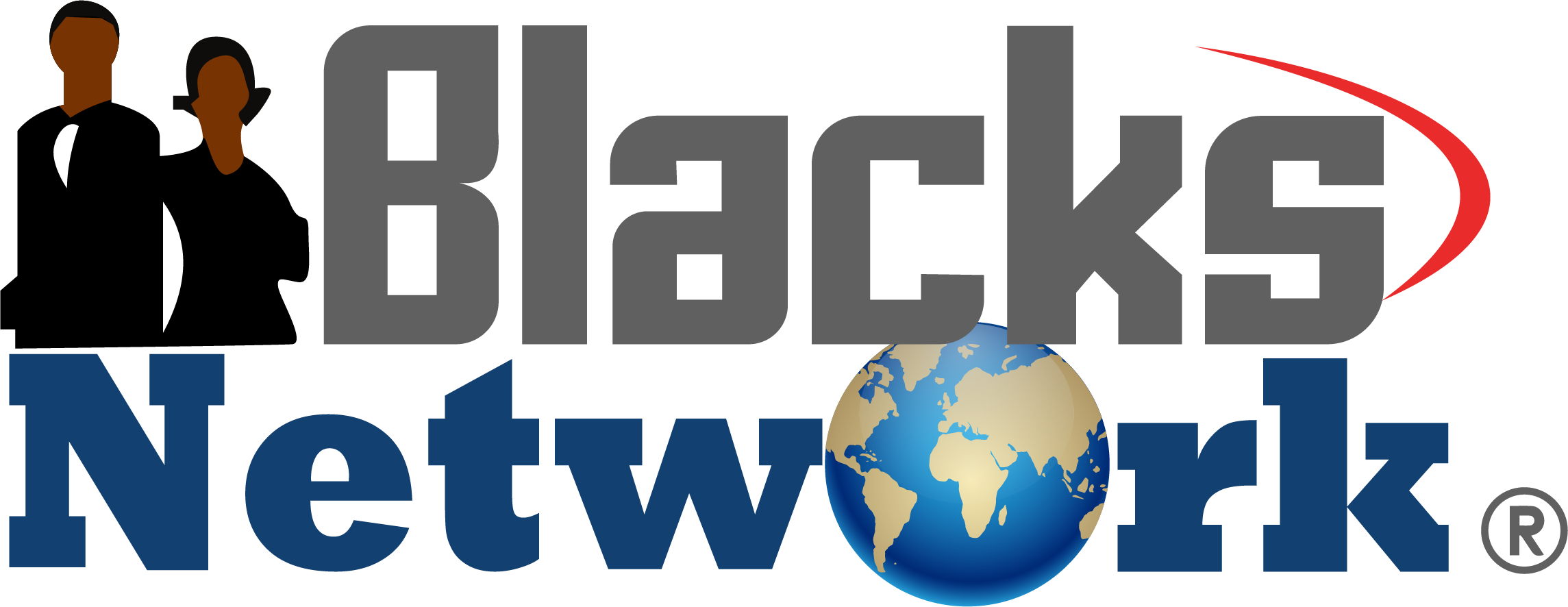Medical Document Translation Services -Click-For-Translation
Medical translation is one aspect of the translation industry that has been relatively untouched by machine translations. The audacity, veracity, and intricacy that a medical document translation demands can only be fulfilled by an expert translator. A medical translator should be a conveyor of accurate information essentially helping healthcare providers, patient parties, and health institutions towards effective communication and problem-solving.
Since a medical industry deals with life and death situations, accurate translation doesn’t leave any room for errors. Essentially these criterion forms the recent trend in medical document translation services.
The Ever-Evolving Healthcare Services
Medicine is an ever-evolving field. New drugs, protocols, devices, and instructions frequently find their way towards the lay market. Health care translation companies providing medical report translation services should keep up with the trend in healthcare technologies, medical devices, drugs, and protocols. Translation services frequently cultivate an ever-evolving glossary of terms to keep up with this ever-evolving field.
Strict Translation and Rare Translators
A medical translator should have extraordinary translation skills, besides knowing a deep familiarity with medical jargon. The translator should know the regulations, laws, rules, and conventions about medical products, data security, medical equipment, patient privacy, and healthcare services .
The translation does not have room for errors, because even a seemingly minor error can have a direct consequence on many lives. Medical translation requires subject matter proficiency. The translation process employed during medical translation is also rather unique - some translation techniques are altogether avoided (like chunking up) while some are inadvertently embraced (chunking down). The translation process does not provide leeway for substitutions and interpretations. .The criteria for medical translation are highly stringent. Usually, clients want certified medical translators to work on translation on documents.
Stringent Protocols for Translation
We discussed some aspects of medical translation. Specific translation procedures, ever-emerging knowledge, drugs, and conventions seem to quantify the problem. Furthermore, this process is made even difficult through various translation protocols in place.
As part of The European Union Medical Device Regulation (EUMDR), for example, the Union requires the translation to be accurate and up-to-date, translated labels of medical devices to follow a special accord (under Section 23 of Annex I), and also, all people being able to understand the medical language - denoting the medical vocabulary to be as simple as possible.
Taking these multitudes of factors into account, medical translators should have a purview of specific targets of the translation - including protocols, medical jargon, abbreviations, and recent medical phenomenon.
Trend Towards Medical Translation Services
The heuristics present in medical translations can be assuaged by choosing medical translation services. Here’s why:
Expert translators: Healthcare translation services employ certified medical experts with years of translation experience. This careful selection process allows for translation to be accurate while ever keeping the end-user translation in mind.
Glossary of terms: Professional medical translation services maintain a glossary of thousands of medical terminologies that are used often during the process of translation. This permits for erudite and accurate translation.
Quality controller: Proficient translators provide the essential rubrics facilitating the generation of correct end-product.
Visit: https://clickfortranslation.co....m/medical-translatio
Beğen
Yorum Yap
Paylaş









 1 (877) 773-1002
1 (877) 773-1002